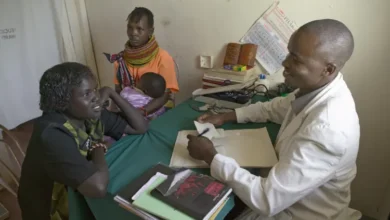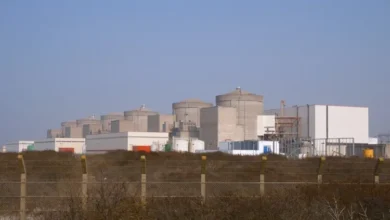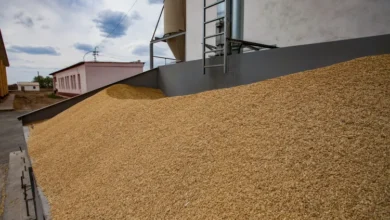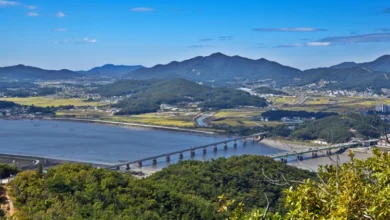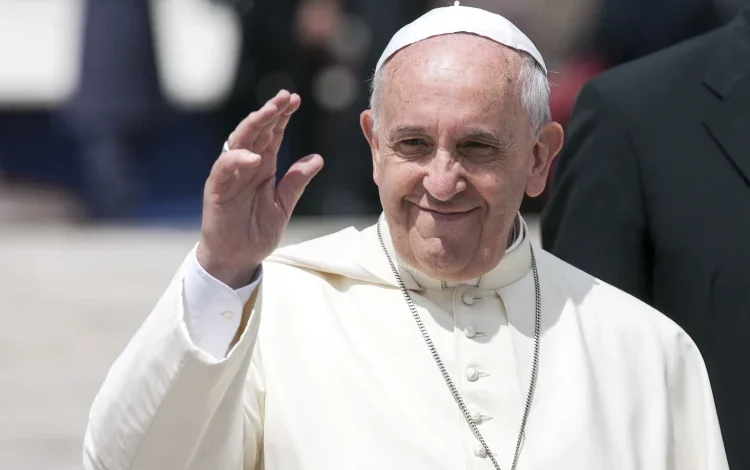
Pope Francis Dies at 88 After 12-Year Papacy Marked by Reform and Controversy
The First Latin American Pope Led the Church Through Major Challenges While Pushing for Reform and Inclusion
Pope Francis, who served as the head of the Catholic Church for over a decade, passed away on April 21, 2025. He was 88. His death occurred in Casa Santa Marta, the Vatican residence where he had lived since the start of his papacy in 2013.
Cardinal Kevin Farrell formally announced the pope’s passing from the chapel of Santa Marta, stating that Francis “returned to the house of the Father” early Monday morning. Church bells echoed across Rome soon after the news broke, marking the end of a papacy that prioritized service, reform, and pastoral care.
Extended Illness and Final Appearance
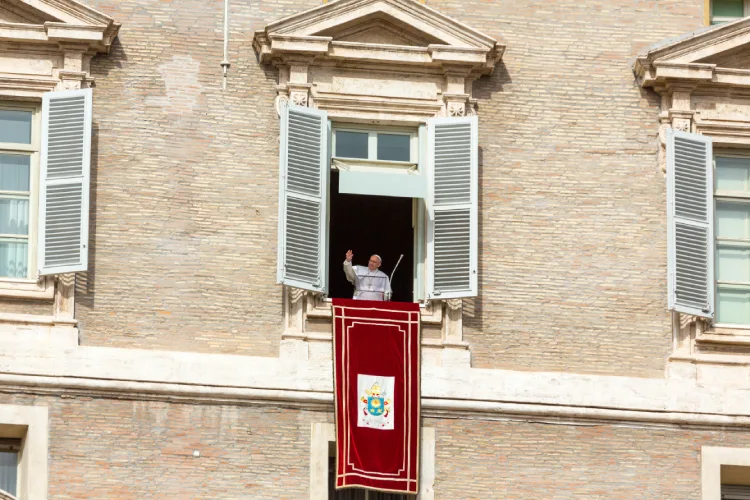
Francis had been admitted to the Gemelli Hospital on February 14 after a respiratory episode. His condition worsened over the following days, leading to a diagnosis of double pneumonia by February 18. The pope remained hospitalized for 38 days—the longest stretch of his time as pontiff—before returning to the Vatican in March to continue his recovery.
Just a day before his passing, he appeared briefly on Easter Sunday. He delivered a blessing from the balcony of St. Peter’s Basilica, met briefly with U.S. Vice President JD Vance, and took an unexpected ride through the square in the popemobile—his final moment in public life.
Papacy Marked by Simplicity and Reform
When elected pope in 2013, Jorge Mario Bergoglio brought a different model of leadership to the Vatican. As the first Jesuit and the first Latin American to lead the Church, he chose to reside in Casa Santa Marta rather than the Apostolic Palace, signaling a break from convention and a preference for simpler living. From the beginning, he signaled a more down-to-earth approach, opting for humility over ceremony.
His leadership focused on streamlining the Vatican’s operations and finances while shifting the Church’s tone on various social issues. Though he upheld traditional stances on matters like abortion and clerical celibacy, he softened the Church’s rhetoric on LGBTQ+ issues, famously asking, “Who am I to judge?” when questioned about a gay priest. He also opposed criminal penalties for homosexuality, calling them unjust.
Navigating Crises and Global Outreach
Francis took the helm during a time of internal scandal and external skepticism. One of the most difficult periods of his papacy came in 2018, when mishandling of a sexual abuse case in Chile drew sharp criticism. He later acknowledged failures and introduced policy changes, but the incident marked a major setback in his efforts to rebuild trust in the Church.
During the COVID-19 pandemic, he led a global religious community from a locked-down Vatican. He used the crisis to advocate for economic justice and solidarity, emphasizing the shared vulnerability of all people. In an unusually quiet St. Peter’s Square in March 2020, he urged the world to act collectively in the face of hardship.
Francis was also notable for his outreach beyond the West. He brokered an agreement with China over bishop appointments, visited Muslim-majority nations like Iraq and the UAE, and became the first pope to meet a Russian Orthodox patriarch.
Simplified Funeral in Line With His Wishes
In 2024, he personally approved updates to the funeral liturgy for future popes. The revised format, which downplays ceremonial grandeur in favor of spiritual focus, reflected his consistent message of humility and pastoral service.
His body will be prepared in the chapel, not his private room, and placed directly into the coffin as part of a simplified process.
Archbishop Diego Ravelli, the Vatican’s chief liturgist, said the new rite emphasizes the pope as a pastor rather than a worldly leader. The funeral date has not yet been announced, but it will be followed by the traditional conclave to elect the next pope.
[Source]

